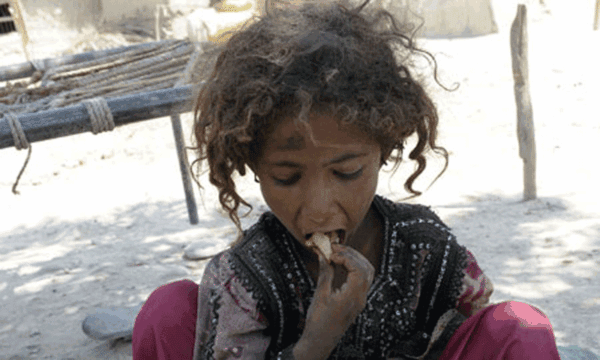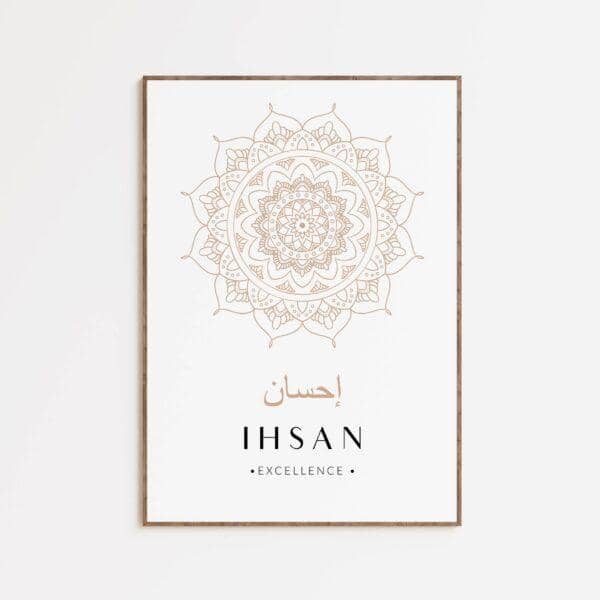In today’s interconnected digital world, the traditional boundaries of charity are being pushed by innovative concepts. One such innovation is the use of cryptocurrency – a digital form of currency that’s revolutionizing the way we transact. At Our Islamic Charity, we’re embracing this change to further our mission of serving humanity. This article explores how you can donate cryptocurrency to provide hot meals for labor children, aligning with the principles of Sadaqah (charitable giving) in Islam.
Cryptocurrency: A New Frontier in Charitable Giving
Cryptocurrency, once a niche and misunderstood concept, is now becoming mainstream. Much like traditional “fiat” money, cryptocurrency can be used to buy goods, pay for services, and yes, even make charitable donations. The key difference lies in the digital nature of cryptocurrency, which offers several advantages over conventional money including global accessibility, transaction speed, and reduced processing fees.
Our Mission: Hot Meals for Labor Children
One of the causes close to our hearts at Our Islamic Charity is providing support for labor children – young individuals who are compelled to work at a stage when they should be focusing on education and personal development. One of the key ways we support these children is by providing hot meals, a basic necessity that many unfortunately lack.
Nutrition is crucial for these children, not just for their physical health, but also for their cognitive development and overall well-being. A single hot, nutritious meal can make a significant difference in their lives, providing the energy they need to make it through the day, and the nourishment their growing bodies require.
How Cryptocurrency Donations Can Make a Difference
By accepting cryptocurrency donations, we’re making it simpler and more efficient for donors like you to contribute towards providing hot meals to labor children. Cryptocurrencies like Bitcoin, Ethereum, and others can be sent quickly and directly, irrespective of geographical boundaries.
Here’s how your cryptocurrency donation can make a real impact:
- Speed and Efficiency: Cryptocurrency transactions can be processed quickly, meaning we can put your donation to work faster.
- Global Reach: Cryptocurrencies can be sent from anywhere in the world, making it easier for donors globally to contribute to our cause.
- Transparency and Traceability: Blockchain technology, which underpins cryptocurrency, provides a transparent and traceable record of transactions. This means you can see exactly how your donations are being utilized.
Making Your Cryptocurrency Donation
Donating cryptocurrency to Our Islamic Charity is simple. On our donation page, select the ‘Donate’ option. You’ll be guided through a secure process where you can choose the type of cryptocurrency you wish to donate and the amount.
Remember, every donation, no matter how small, makes a difference. A single portion of a cryptocurrency could provide a hot meal, a ray of hope, for a labor child.
Embracing the Future of Charity
At Our Islamic Charity, we’re excited to adopt cryptocurrency donations as part of our mission to serve humanity better. By accepting this innovative form of donation, we’re not just staying relevant in a digital world; we’re also making it easier for you to contribute to our cause.
In conclusion, cryptocurrency represents a new and exciting frontier in charitable giving. It’s a tool that allows us to break down barriers, reach more people, and ultimately provide more hot meals to labor children. And you, as a donor, play a crucial role in this journey. Together, we can leverage the power of technology to make a profound and lasting impact on the lives of those who need it most.
















